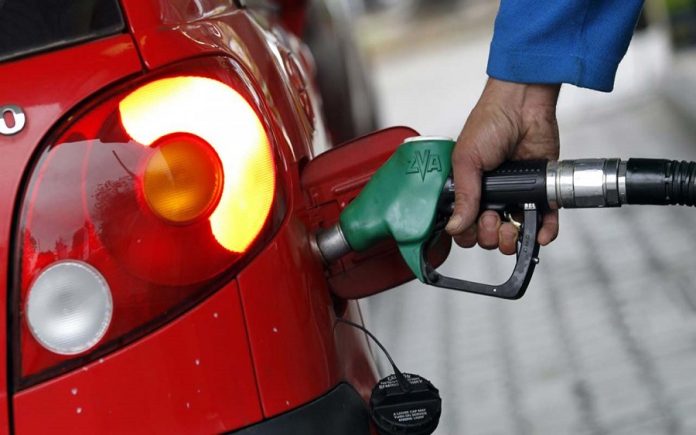The Lagos Chamber of Commerce and Industry (LCCI), has backed the call by the World Bank that the federal government should increase the pump price of Premium Motor Spirit popularly called petrol to N750/litre.
The World Bank, on Wednesday, said the FG may still be paying for petrol subsidy as fuel prices in Nigeria are currently not cost-reflective. It said Nigerians should pay about N750 per litre as against the current price of N650 in some places.
The LCCI in a statement by its Director General, Dr Chinyere Almona, noted that it shares the concerns of the Bank about the Nigerian economy despite the reforms carried out so far including fuel subsidy removal, liberalization of the foreign exchange market, removal of 43 items from FX restrictions and tightening of monetary policy.
The LCCI observed that a detailed review of the World Bank’s report revealed that the key concerns in the Nigerian economy are high inflation, revenue leakages, unstable FX market due to liquidity challenges, increased poverty due to the high cost of living, partial return of subsidy, and sub-optimal GDP growth.
“On the partial return of subsidy, the Chamber supports the views of the World Bank and the need to adjust petrol prices to reflect market conditions. Over the years, the Chamber has consistently advocated for the full deregulation of petroleum products. We are, however, worried about the monopoly in the importation and supply of the products by NNPC and the lack of transparency in the pricing of the products,” it said.
It advocated for far-reaching reforms and commitment on the part of the government to improve transparency and a comprehensive strategy that will improve the performance of the Nigerian National Petroleum Corporation (NNPC) and other Government-Owned Enterprises (GOEs), including privatization options.
“However, we do not support the immediate increase in value-added tax (VAT) due to its cost impact on consumers in the immediate term,” it said.
In relation to the unstable FX market, the Chamber recommended that the government, in the short term, must address the supply gap in the market and improve its forex earnings by declaring an emergency in oil and gas production.
In the medium term, it said, the government must strategically pursue and incentivize the local production of basic household needs that are being heavily imported in order to reduce the huge demand of FX. Further, there is a need to build market confidence around free FX pricing and implement policies to channel FX supply into the market.
Meanwhile the Chamber has expressed concern about the continued uptick in inflation, stressing that it offers investment disincentives to businesses, squeezes consumers’ income and spending, and constrains manufacturing productivity in the country.
The Consumer Price Index (CPI) data released by the National Bureau of Statistics (NBS) revealed that inflation continues its upward trend, rising to 28.20% in November from 27.33% in the previous month, implying 0.87% points increase, and 6.73% points when compared to 21.47% recorded in the corresponding month of 2022.
LCCI noted the upsurge in November inflation is the highest since August 2005 and reflects continued Naira depreciation, higher fuel and food prices.
“Following eleven consecutive months of acceleration, the battle against inflation must be intensified by the CBN,” it said
It urged the Central Bank of Nigeria, CBN, to adopt a well-calibrated policy mix that addresses the unique challenges facing the Nigerian economy.
“By promoting economic diversification, implementing effective interest rate policies, managing the exchange rate judiciously, and embracing inflation targeting, the CBN can contribute significantly to ensuring the stability of the Naira and fostering a robust and resilient economy,” it added.
The LCCI implored the government to address the challenges inhibiting domestic production and ease the bottlenecks to the distribution of goods within the country as well as tackle insecurity and other factors affecting agriculture productivity in the country to improve food supply.





